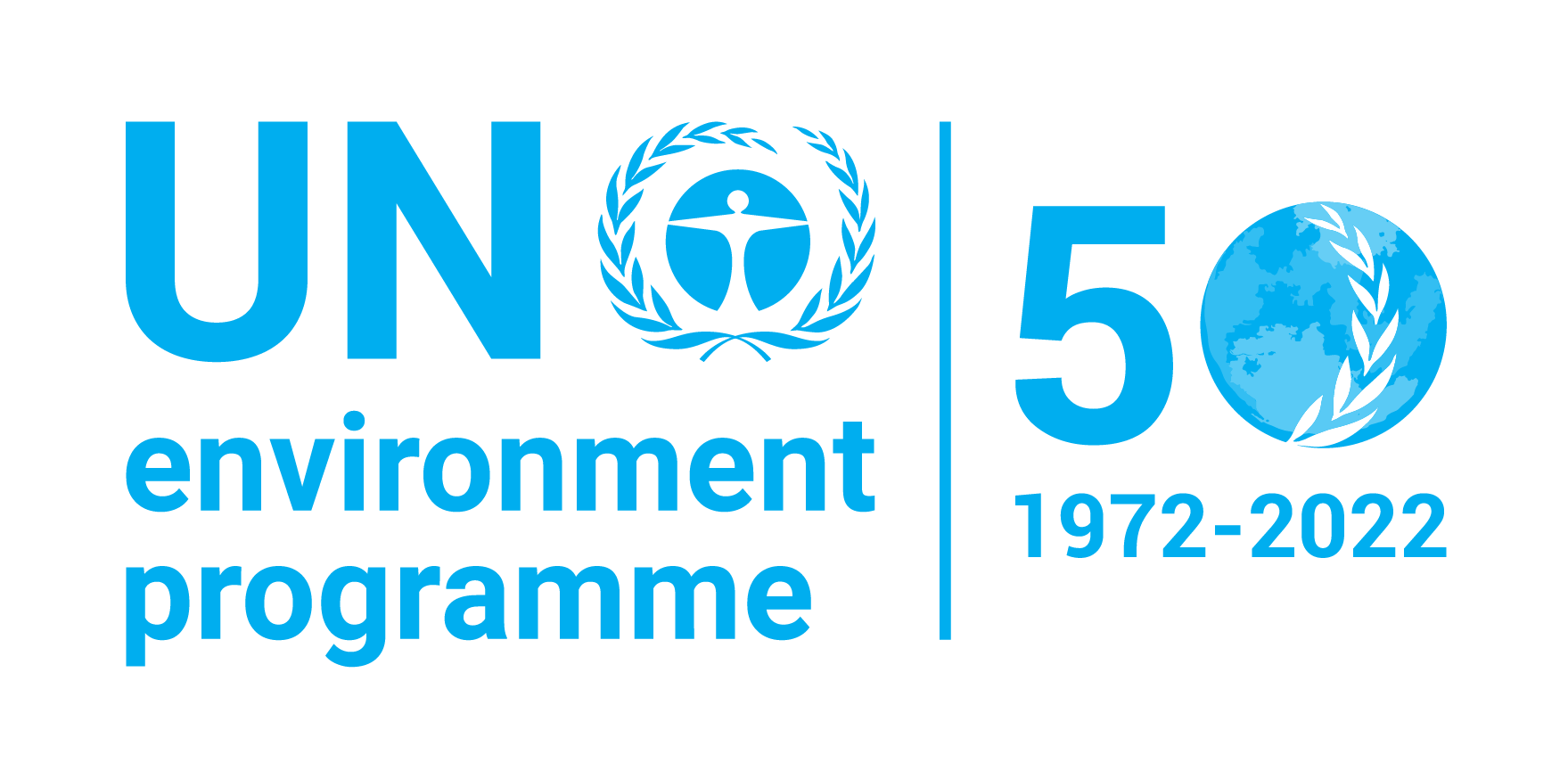| dc.contributor.author | United Nations Environment Programme | |
| dc.coverage.spatial | Bangladesh | |
| dc.date.accessioned | 2016-10-11T19:56:36Z | |
| dc.date.available | 2016-10-11T19:56:36Z | |
| dc.date.issued | 2015 | |
| dc.identifier.uri | http://hdl.handle.net/20.500.11822/7422 | |
| dc.description | Innovations in policies, regulations and norms to shape a greener and more inclusive financial system are emerging in many places, but particularly in developing and emerging economies. Bangladesh has been a leader in this regard, as part of a sustained drive to ingrain a socially responsible institutional ethos in the financial sector. In particular it has developed a suite of green banking regulations and policies including concessional green refinancing, credit quotas for green finance and guidance and requirements on environmental due diligence. While there has not been an assessment of the impact of these policies, regular monitoring provides an insight into the scale of associated financial flows: - 1 billion Taka (US$13 million) of green refinancing was disbursed during FY10-FY14 | |
| dc.description | 44 billion Taka (US$0.5 billion) of loans were disbursed to key green sectors in 2014 | |
| dc.description | 354 billion Taka (US$4.5 billion) of loans were disbursed to industrial facilities with effluent treatment in 2014 (‘indirect green financing’) | |
| dc.description | 1,581 billion Taka (US$20 billion) of loans were disbursed to high impact sectors where environmental due diligence had been carried out Green finance is growing but it remains modest compared to the scale of Bangladesh’s environmental, energy and industrial development imperatives. This paper provides initial ideas towards a national roadmap which could be developed with leadership and involvement not only of the Bangladesh Bank but also other financial regulators, financial institutions, the microcredit industry, civil society, stock exchanges, credit ratings and private standard setters. Key steps include: - Enhancing market practice –The practice of environmental risk management should be reviewed and continually strengthened. A protocol could also be developed to support assessment of clean energy and energy efficiency investments. Further advancements in information disclosure by listed companies and development of standards for green bonds would widen green finance beyond the banks | |
| dc.description | Leveraging private capital with public finance – The refinancing scheme should be assessed to establish where course corrections or new approaches might be warranted. Fiscal incentives might also be targeted to encourage the creation of long-term savings product and to provide credit enhancement to kick-start the development of a green bond market | |
| dc.description | Directing finance through policy - There is potential for greening SME Credit Policies and tightening green credit quotas to target specific areas such as solar energy and energy efficiency loans | |
| dc.description | Encouraging cultural transformation – Networks of green banking competency should continue to be built up. Further opportunities include exploring the linkages between Islamic banking and sustainable development and promoting a green investor’s network | |
| dc.description | Upgrading governance architecture – This could include aligning monetary targets with sustainability objectives, integrating green finance in the 7th five-year plan and establishing a green finance committee. These measures, concentrated on the financial system would be complementary to real economy measures such as environmental regulations and fossil fuel subsidy reform. It is a bold and exciting agenda, but also one that is practically achievable. Broadly speaking, action in the banking sector might be implemented most rapidly, with measures for debt and equity markets, institutional investment and insurance being developed as part of the broader growth in these markets. | |
| dc.language | English | |
| dc.publisher | United Nations Environment Programme | |
| dc.rights | Public | en_US |
| dc.subject | Finance | |
| dc.subject | Sustainable Development | |
| dc.subject | Inquiry | |
| dc.subject | Financial development | |
| dc.subject | Green Financial System | |
| dc.subject | Green refinancing | |
| dc.subject | green banking | |
| dc.subject.classification | Climate Change | |
| dc.title | Designing a Sustainable Financial System in Bangladesh: Summary Briefing | |
| dc.type | Reports and Books | |
| wd.identifier.old-id | 11824 | |
| wd.identifier.sdg | SDG 16 - Peace, Justice and Strong Institutions | |
| wd.identifier.sdgio | http://purl.unep.org/sdg/SDGIO_00000050 | |


